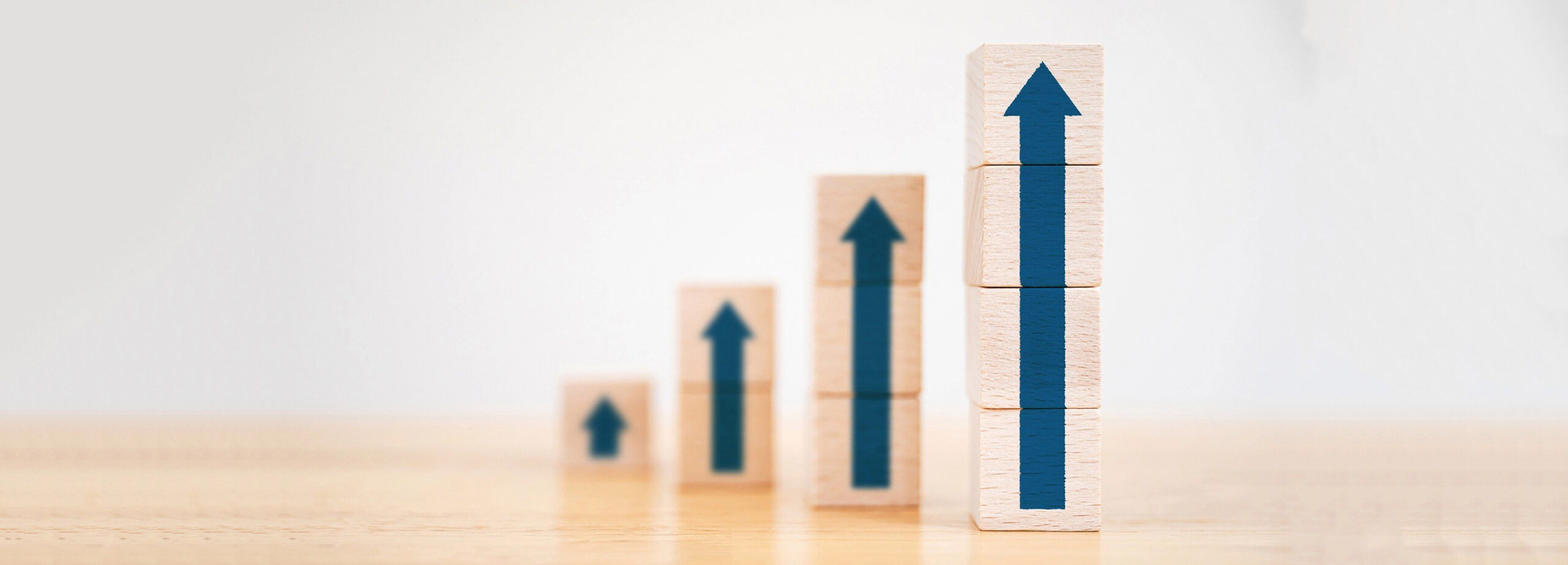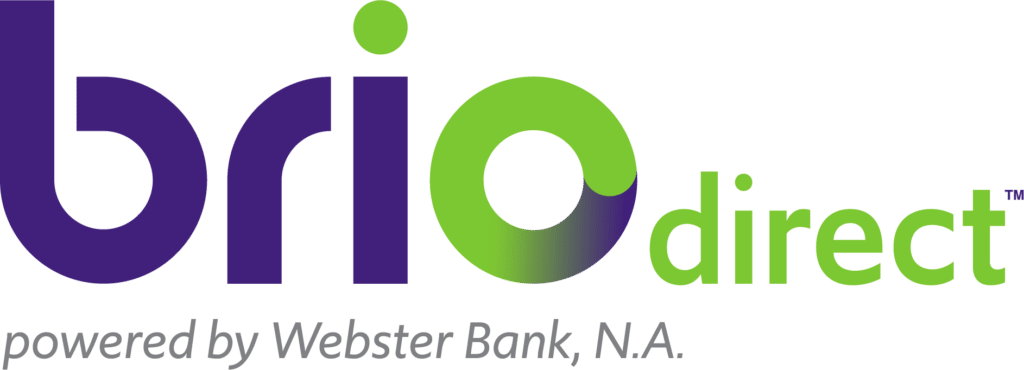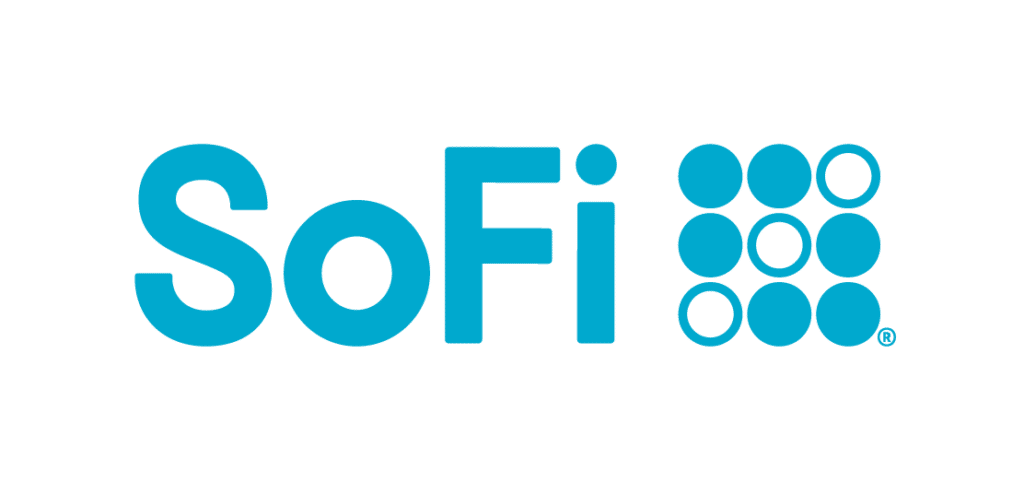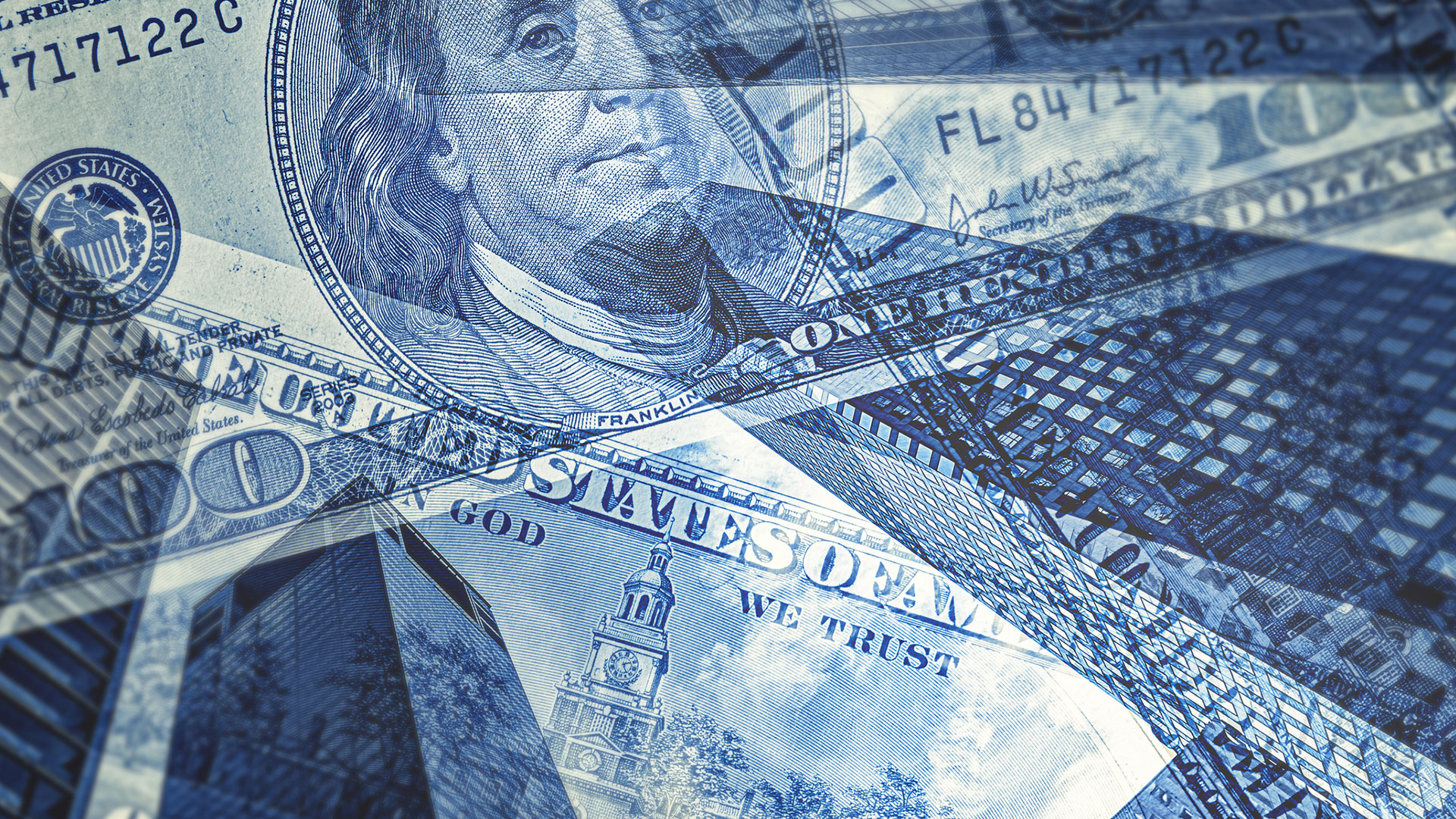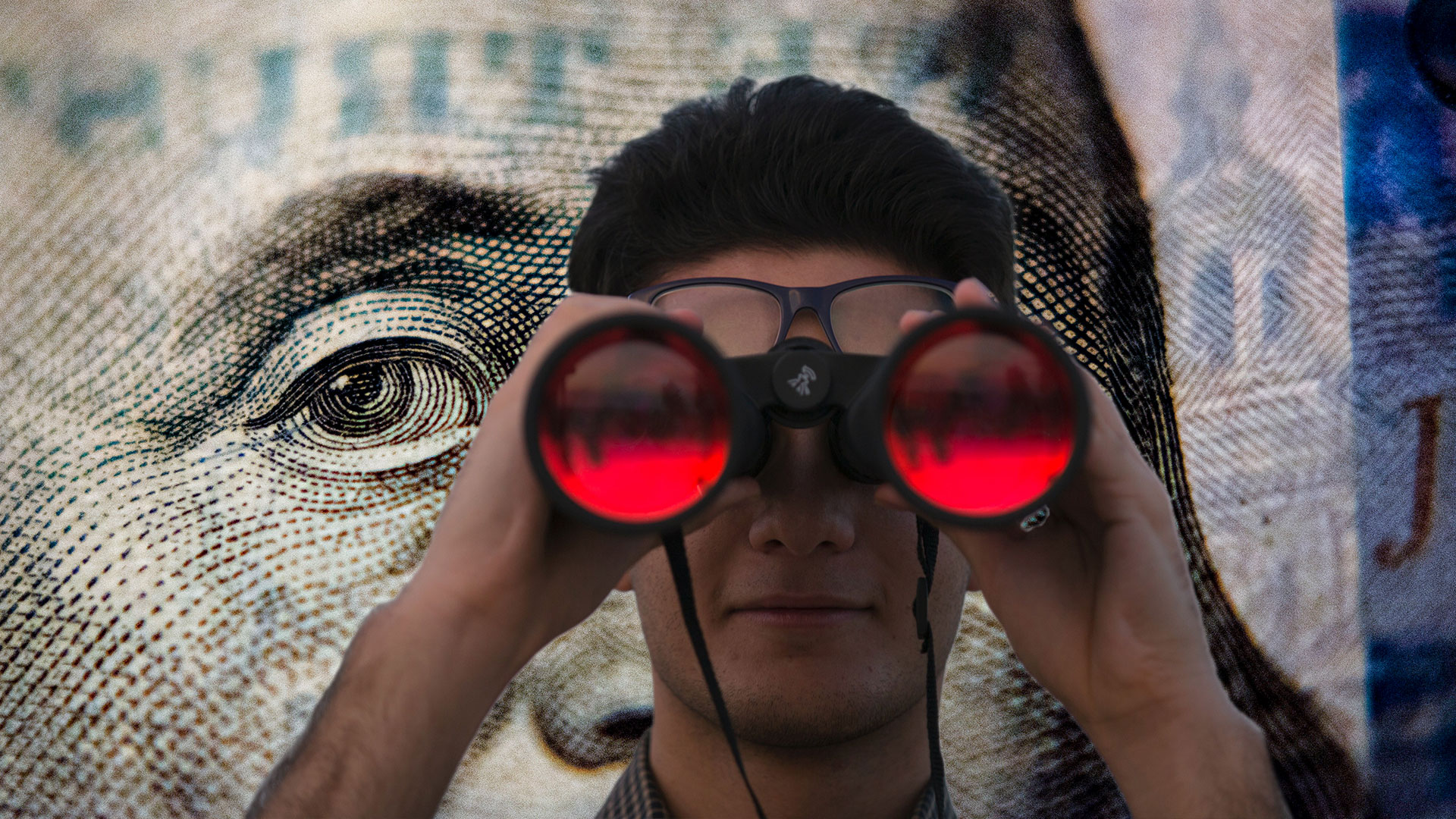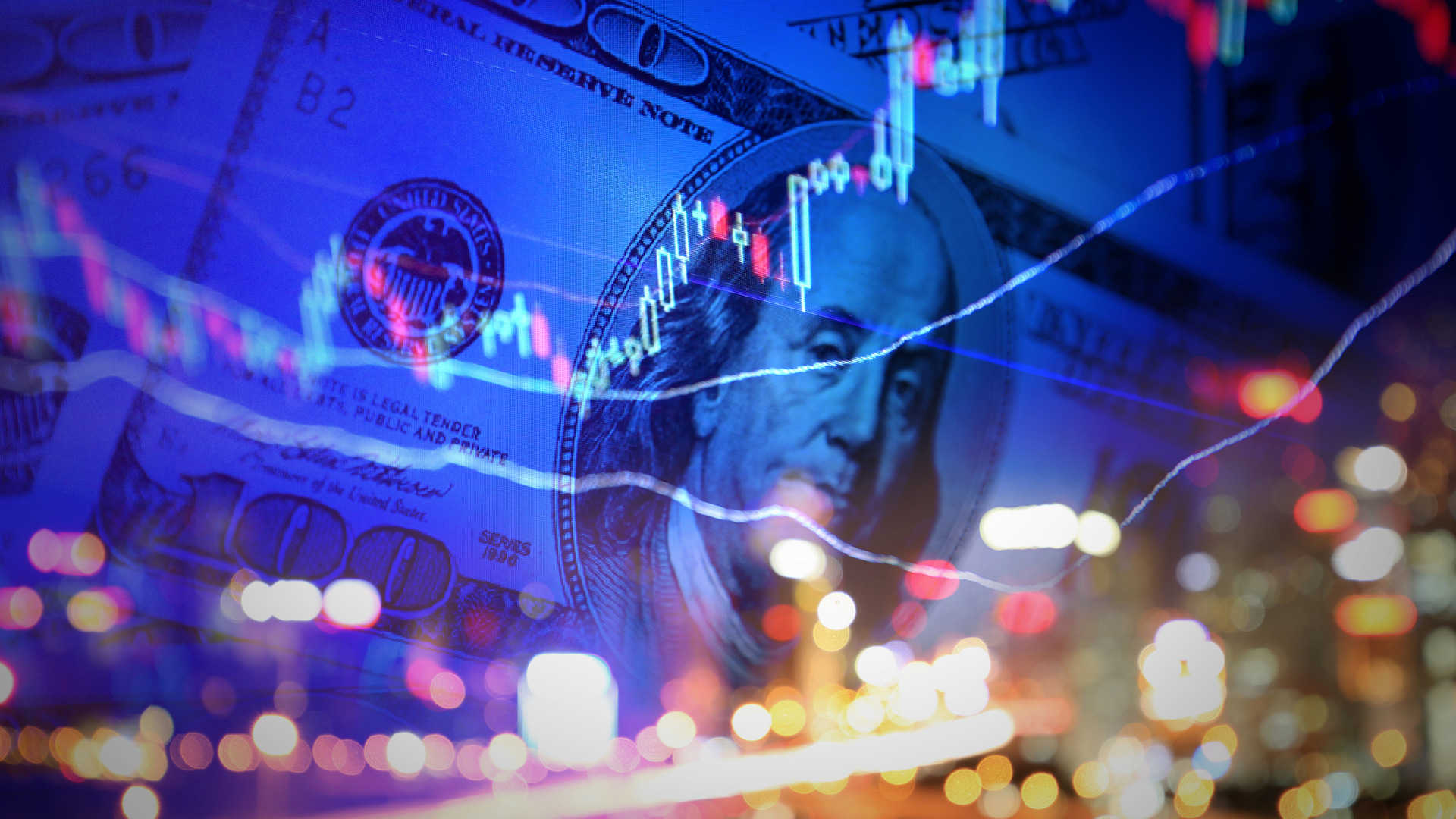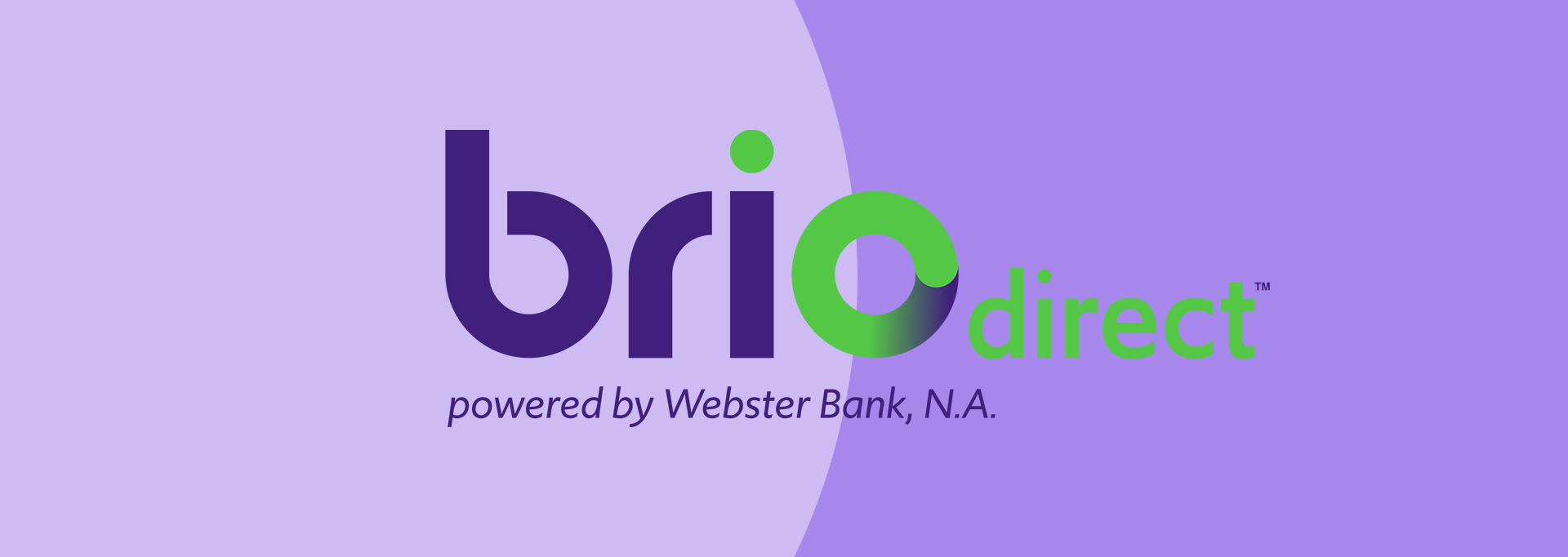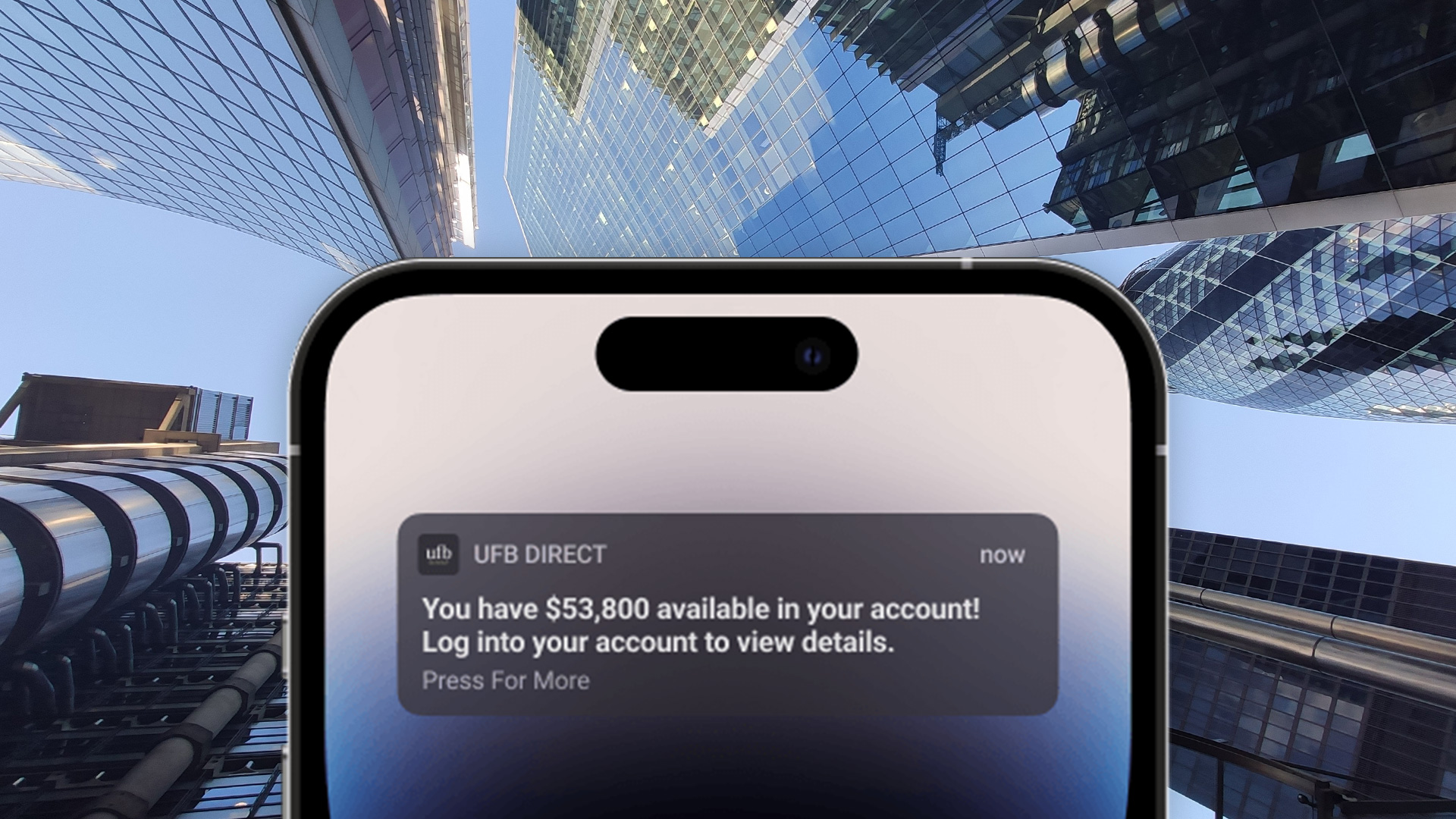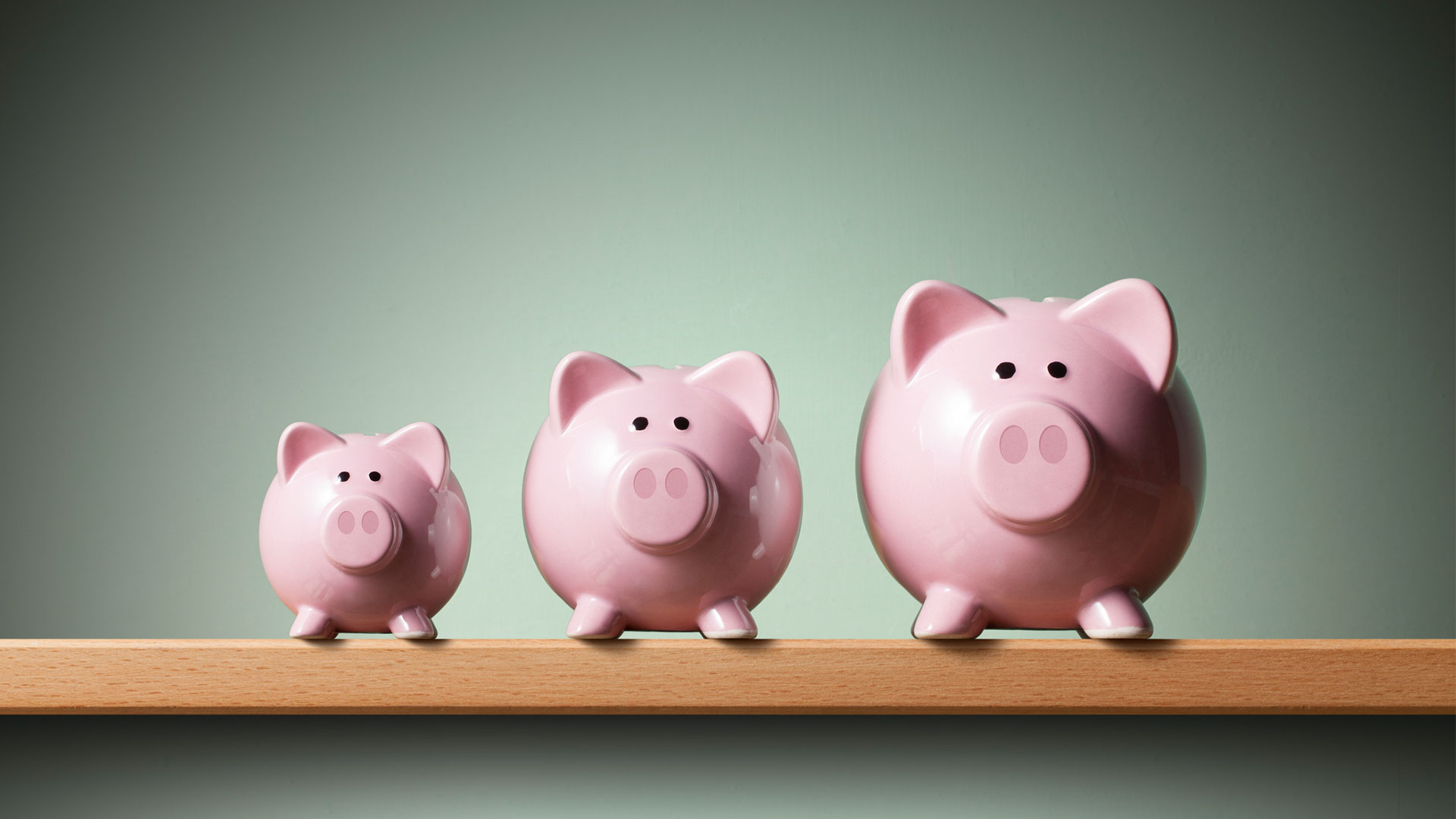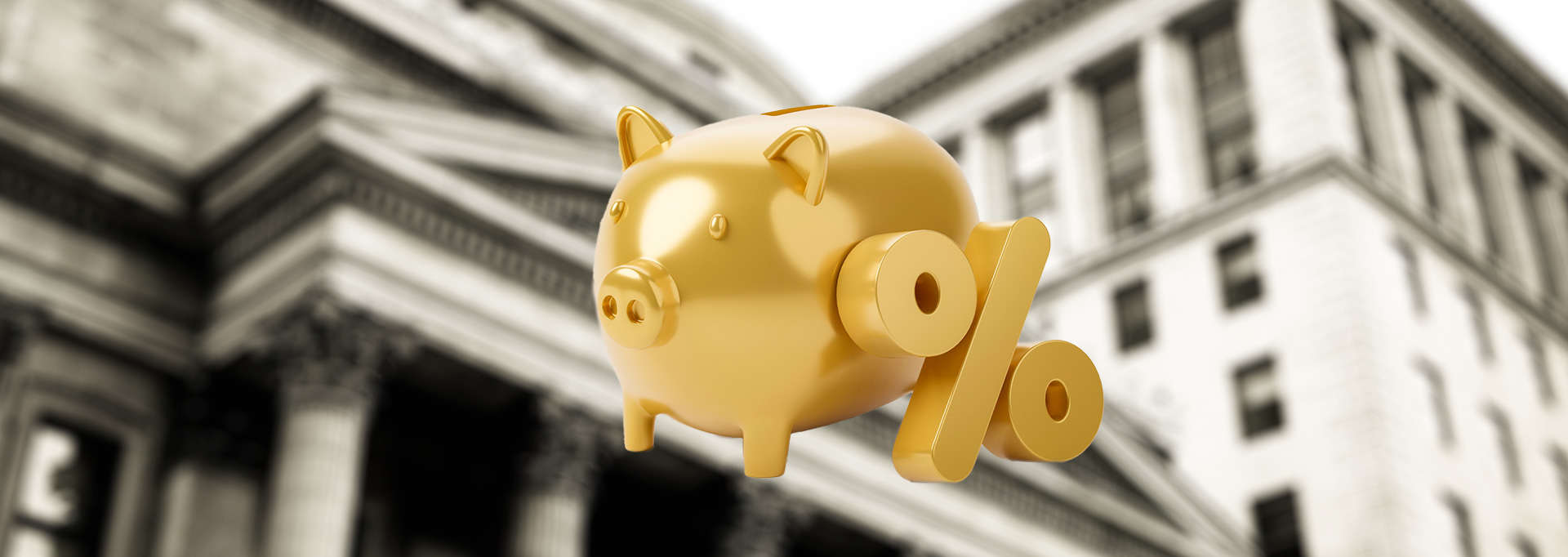Most products on this page are from partners who may compensate us. This may influence which products we write about and where and how they appear on the page. However, opinions expressed here are the author's alone, not those of any bank, credit card issuer, airline or hotel chain.
A certificate of deposit (CD) or a high-yield savings account can be a great place to stash some cash for your short-term savings goals. With a little bit of savvy comparison shopping, you’re likely to find above-average interest rates with both account types, the vast majority of which are FDIC insured. But both CDs and high-yield savings accounts have their pros and cons. If you’re trying to decide which account type is best for you, here’s what you need to know about CDs vs. savings accounts so you can make a more informed decision.
Recommended High-Yield Savings Accounts
| Bank Account | APY | Features | Learn More |
|---|---|---|---|
|
|
5.30%
*Annual Percentage Yield (APY) is accurate as of 6/4/2024. Rate is subject to certain terms and conditions. You must deposit at least $5,000 to open your account and maintain $25 to earn the disclosed APY. Rate and APY may change at any time. Fees may reduce earnings. |
$5,000 min. deposit |
Open Account |
|
|
5.15%
UFB Direct breaks balances into five tiers, but, currently, there is only one interest rate. |
No minimum deposit |
Open Account |
|
Member FDIC |
0.50% - 4.60%
SoFi members with Direct Deposit or $5,000 or more in Qualifying Deposits during the 30-Day Evaluation Period can earn 4.60% annual percentage yield (APY) on savings balances (including Vaults) and 0.50% APY on checking balances. There is no minimum Direct Deposit amount required to qualify for the stated interest rate. Members without either Direct Deposit or Qualifying Deposits, during the 30-Day Evaluation Period will earn 1.20% APY on savings balances (including Vaults) and 0.50% APY on checking balances. Interest rates are variable and subject to change at any time. These rates are current as of 10/24/2023. There is no minimum balance requirement. Additional information can be found at http://www.sofi.com/legal/banking-rate-sheet. |
No minimum deposit |
Open Account |
|
|
5.00%
Earn 5.00% APY on balances over $5,000. Balances of less than $5,000 earn 0.25% APY. Annual Percentage Yield is accurate as of May 6, 2024. Interest rates for the Platinum Savings account are variable and subject to change at any time without notice. |
$100 minimum deposit |
Open Account |
How Does a Certificate of Deposit Work?
A certificate of deposit is a type of deposit account you can open at most credit unions and banks, including many online banks.
What sets CDs apart from most other types of deposit accounts (e.g, checking accounts, savings accounts, high-yield savings accounts and money market accounts) are their restrictions. When you deposit cash into a CD, you agree not to withdraw those funds for a set period of time. This time frame is called the CD's term. A CD term could last anywhere from a few months to several years, depending on the account.
Quick Tip
If you open a five-year CD, you agree to leave the funds in the account for five years, until the CD reaches maturity. If you withdraw early, you may have to pay a penalty, which could offset some or all of the interest you earned.
In exchange for agreeing not to touch your CD funds for a predetermined period of time, a bank or credit union may offer you higher interest rates. At the time of writing, some of the best CD rates are close to or even above 5.00% APY. While you may be able to find savings accounts with comparable rates today, it could change at any time, whereas CD rates are locked in for the duration of their specified term.
 Related Article
Related Article
10 Easiest Bank Accounts You Can Open Online Instantly (2024)
Featured Certificate of Deposit
CIT Bank Term Certificates of Deposit
- Our Rating 3.5/5 How our ratings work
- Minimum
Deposit Required$1,000 - 1 Year APY0.30%
Annual Percentage Yield is accurate as of April 2, 2024. Interest rates for CIT Bank's term CDs are variable and subject to change at any time without notice
- 3 Year APY0.40%
Annual Percentage Yield is accurate as of April 2, 2024. Interest rates for CIT Bank's term CDs are variable and subject to change at any time without notice
- 13-Month APY3.50%
Annual Percentage Yield is accurate as of April 2, 2024. Interest rates for CIT Bank's term CDs are variable and subject to change at any time without notice
Many banks that offer CDs require customers to commit to lengthy terms of several years or more in order to earn the highest interest rates available. However, with CIT Bank's term CDs, the opposite is true. To get the best rates at CIT, you'll need to open one of its shorter-term CDs, such as its 13-month CD that pays 3.50% APY. If you want an easy way to save more money without having to wait years, CIT Bank's term CDs are a solid option.
Overview
If you’re looking for a dependable way to earn interest on your money in the short term, CIT Bank’s certificates of deposits may be an excellent choice for you. However, those looking to open a long-term CD may be better off looking elsewhere.
Pros
- Strong rates for 13- and 18-month terms
- FDIC insured
Cons
- Rates for longer terms unimpressive
How Does a High-Yield Savings Account Work?
A high-yield savings account typically pays higher-than-average interest on your money. At present, some of the best high-yield savings accounts also offer interest rates around or even beating 5.00% APY.
With a high-yield savings account, you deposit funds just like you would with any other savings account, paying attention to any minimum balance or opening deposit requirements. When you need to access funds, you can withdraw or transfer them online, depending on your account.
Keep in mind that with savings accounts, your bank might limit the number of withdrawals you can make per month. You often can’t make more than six transfers or withdrawals from a high-yield savings account during a calendar month, though there may be some exceptions to this rule.
Featured High-Yield Savings Accounts
| Account | APY | Minimum deposit required | Monthly maintenance fee | Learn More |
|---|---|---|---|---|
|
|
5.15%
UFB Direct breaks balances into five tiers, but, currently, there is only one interest rate. |
N/A | $0 | Open Account |
|
Member FDIC |
0.50% - 4.60%
SoFi members with Direct Deposit or $5,000 or more in Qualifying Deposits during the 30-Day Evaluation Period can earn 4.60% annual percentage yield (APY) on savings balances (including Vaults) and 0.50% APY on checking balances. There is no minimum Direct Deposit amount required to qualify for the stated interest rate. Members without either Direct Deposit or Qualifying Deposits, during the 30-Day Evaluation Period will earn 1.20% APY on savings balances (including Vaults) and 0.50% APY on checking balances. Interest rates are variable and subject to change at any time. These rates are current as of 10/24/2023. There is no minimum balance requirement. Additional information can be found at http://www.sofi.com/legal/banking-rate-sheet. |
N/A | $0 | Open Account |
CDs vs. High-Yield Savings Accounts
Below is a side-by-side comparison of the benefits that CDs and high-yield savings accounts offer.
| Certificates of Deposit | High-Yield Savings Accounts |
|---|---|
|
Penalties for early withdrawals |
Traditionally up to 6 withdrawals per month |
|
Some of the highest interest rates available |
Typically higher-than average interest rates |
|
Generally no monthly maintenance fees |
May have monthly maintenance fees |
|
Often FDIC insured up to $250,000 |
Often FDIC insured up to $250,000 |
|
Typically fixed rates |
Rates may fluctuate with the market |
Explore the Best CD Rates
Visit the Marketplace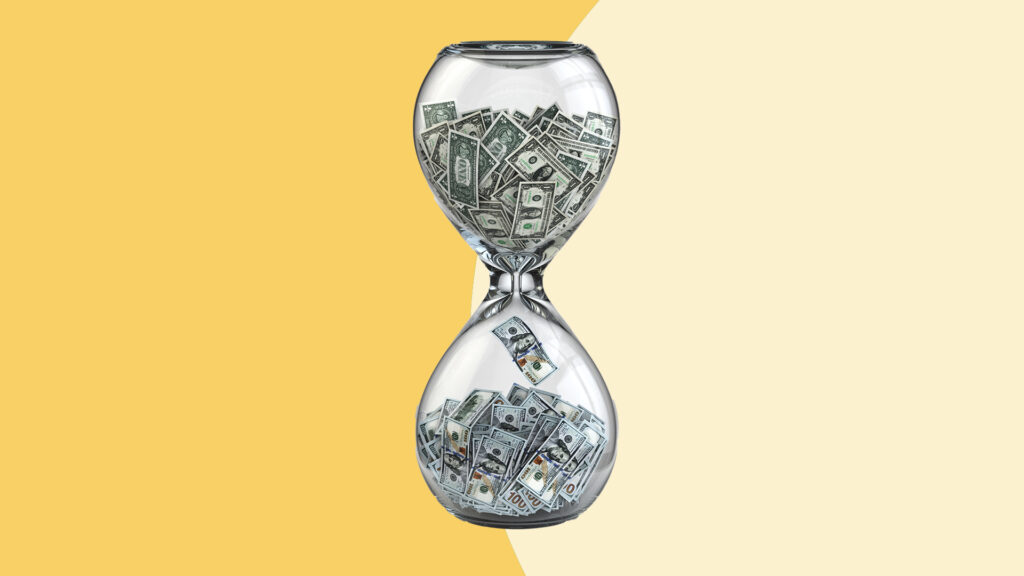
How to Choose Between a CD and High-Yield Savings Account

Both CDs and high-yield savings accounts can offer a lot of value as savings vehicles to help you reach your financial goals.
Consider opening a CD if you:
- Are working toward long-term savings goals and know you won't need those funds for several months or years. You can also consider no-penalty CDs if you want flexibility to withdraw funds early, if needed, though APYs may be less generous.
- Want to minimize investment risk and avoid the volatility of the stock market. Consider discussing your options with a professional financial advisor first.
Consider opening a high-yield savings account if you:
- Need the flexibility to access your funds more frequently.
- Are working toward short-term savings goals and don't want to lock away your money for an extended period of time.
- Don't want to commit to a fixed interest rate because you're concerned about losing out on potential earnings if interest rates rise.
Bottom Line
Depending on the goals you're trying to accomplish, either a CD or a high-yield savings account might be a better fit than the other. Then again, no one lives in a vacuum. You could be trying to reach multiple financial goals at once. If that's the case, you might benefit from opening both types of accounts.




